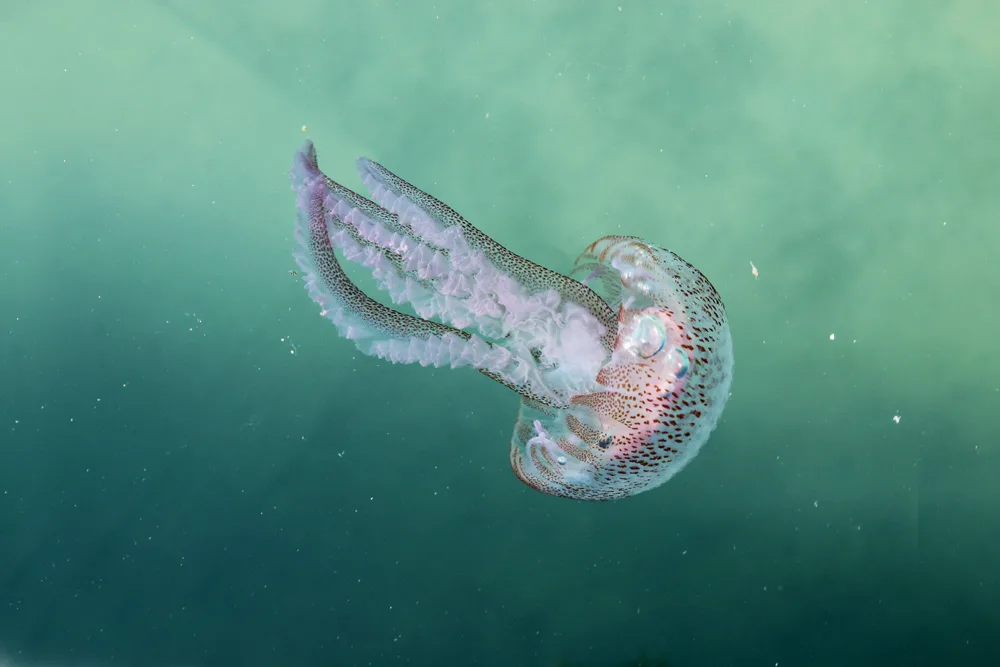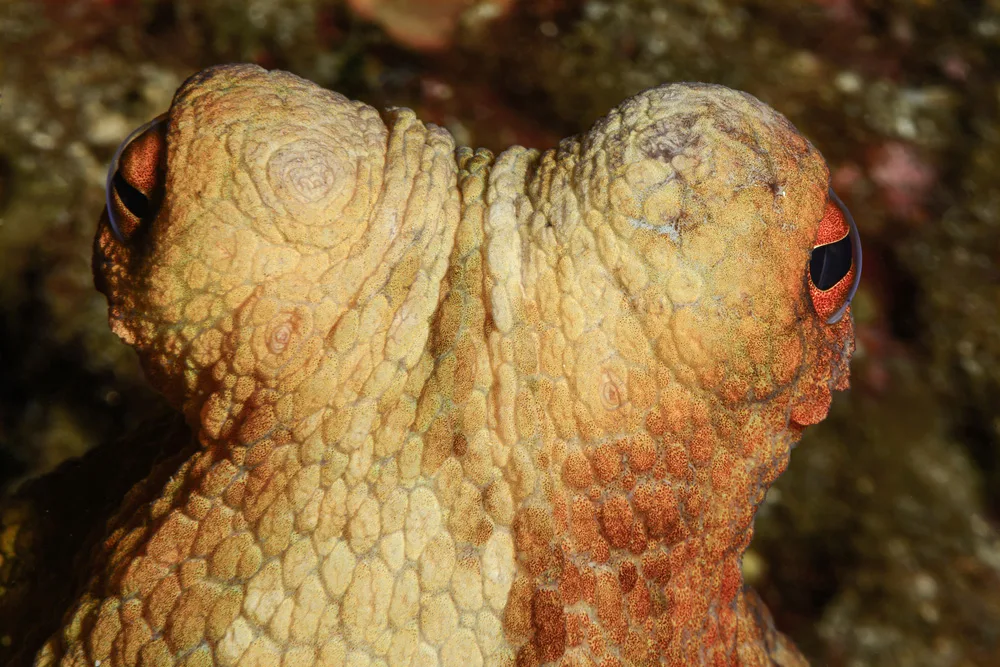Year round, sea swimming at Lulworth usually feels like a hug from the cliffs – but this year, Jane Adams says the water’s different

Every week, year-round, a couple of friends and I slip into the sea at Lulworth Cove. As the cliffs rise around us, it has always felt like we’re being given a protective hug: outside the cove, the swell pushes and heaves, but inside the protection of the cliffs, the water is calm.
This year, though, we’ve noticed some changes.
Since March, the south coast has been experiencing a marine heatwave. The Centre for Environment, Fisheries and Aquaculture Science (CEFAS), which monitors sea temperatures and coastal conditions, reports sea temperatures are up to 3°C above the long-term average.
With these warmer waters has come an increase in jellyfish sightings, especially mauve stinger jellyfish (traditionally uncommon close to UK shores, usually found in warmer European waters such as the Mediterranean), and also a surge in octopus numbers: notably the common octopus, which is being caught in huge numbers off South Devon and Cornwall. Scientists believe the warmer sea temperatures are driving these sea creatures further north than usual.
The seaweed beds look different, too. At Lulworth, we’re used to swimming through thick, colourful weed to reach deeper water. This year, there is very little. And although our observations are anecdotal, I can’t help thinking it’s also something to do with the raised sea temperature.
While a surge in jellyfish and octopus may sound exciting, it might actually indicate stress in this unseen yet beautiful ecosystem. If sea temperatures continue to rise, the balance of species may shift even further, with long-term consequences – some winners, some losers – for both marine life and the people who swim, fish or simply enjoy the water.
This year’s marine heatwave may prove exceptional, but as climate change gathers pace, events like this are only likely to become more frequent. Where the cove once felt protective to swimmers, there’s now an unsettled feeling setting in as well. We’re witnessing a change in our coastal waters: but what this change beneath the waves will mean in the future is still largely unknown.

The video above is a trailer for Ocean with David Attenborough, which is currently available on Disney+. It’s very hard-hitting, and I do urge everyone to watch it.
DWT’s Wild Sea Centre at Kimmeridge is a great place to start if you’re interested in learning more about our Dorset marine wildlife and finding local events.


